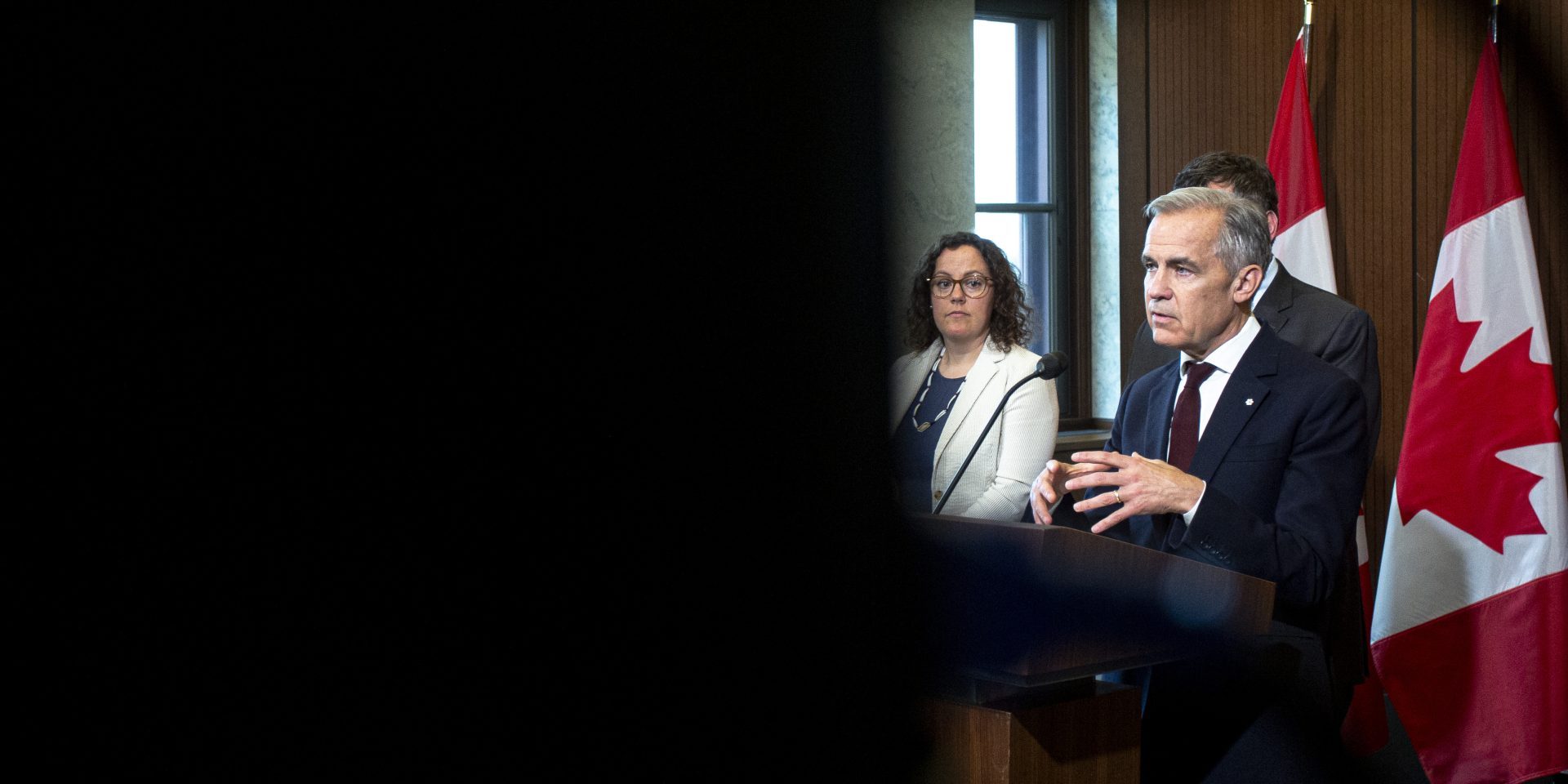Carney’s move-fast-and-break-things agenda requires a fiscal reality check

OTTAWA—Prime Minister Mark Carney sold Canadians on a “move fast and break things” mentality during the federal election, and it appears in the early weeks of governing that he is making good on the promise to shake up how Ottawa does business. Instead of using the shortened parliamentary window as an excuse to slow roll big-ticket legislative items, Carney and his government have moved quickly to make good on delivering a change mandate focused on kickstarting the economy after nearly a decade of Justin Trudeau-era progressive social policies.
From legislation aimed at dismantling federal barriers to interprovincial trade, to measures designed to accelerate the approval of nation-building natural resource projects, the government is showing no shortage of ambition.
Last week, the prime minister also committed to expediting Canada’s timeline for meeting its two-per-cent defence target ahead of a crucial NATO summit later this month—an event that could significantly shift the goalposts on future spending. This pledge was accompanied by a promise to deliver a refreshed defence policy update, which will serve as the roadmap for future defence and procurement investments.
As for Canadians seeking pocketbook relief amid the sea of broad, big-picture economic legislation, the government also introduced a bill to implement its signature middle-class tax policy that was promised on the campaign trail as part of the prime minister’s affordability pitch.
The goal is clear: reshape the Canadian economy, restore the country’s reputation as a premier destination for business investment, and deliver relief to cash-strapped Canadians who have borne the brunt of the inflation and housing crises that have driven prices up in recent years.
With momentum building in the early weeks of the new government, and optimism about the direction of the country reaching a three-year high, the only missing piece now is the details on how these big-ticket spending items fit within Canada’s fiscal framework.
Rather than tabling a spring federal budget that would outline near-term spending initiatives, along with debt and fiscal projections, the Carney government opted to bypass the typical spring timeframe and focus on legislative priorities that can be promoted in discussions with world leaders, and on the summer barbecue circuit with constituents.
Few would dispute that the policies being fast-tracked through Parliament are urgently needed to ensure Canada remains competitive, and has a voice during security and defence discussions with allied countries. But that urgency shouldn’t come at the expense of transparency and fiscal oversight, especially as major spending decisions are made without a clear accounting of the country’s financial position. It’s an early signal that the new government may be willing to sidestep key accountability mechanisms that are essential to responsible governance.
For the Conservative Party, this presents an opportunity to craft a clear message and hold the government accountable, especially at a time when there is broad agreement on key policy goals, such as approving natural resource projects and enhancing competitiveness by dismantling interprovincial trade barriers. With more time before the next federal election and less pressure to present themselves as a government-in-waiting, the Conservatives can now fully embrace their role as watchdog, scrutinizing how the Liberals fund and deliver on their electoral commitments.
Major policy change is notoriously difficult to achieve in Canada for reasons that are well understood and deeply entrenched. Add to that the constraints of a minority Parliament and the pressing need to engage the United States on a renewed cross-border economic and security pact, and it’s clear that delivering on Carney’s big promises will require nothing short of a herculean effort.
Too often, governments hit a wall before they can meaningfully implement the bold visions they were elected to pursue. That’s why leaders who are willing to move mountains in the name of real change deserve recognition. But change cannot come at the expense of transparency and accountability, and the new government would do well to remember that before it finds itself becoming the headline.
Josie Sabatino is a senior consultant at Summa Strategies. Prior to joining Summa, Sabatino spent nearly a decade as a Conservative political staffer, providing communications and issues management advice to Members of Parliament and the leader of the official opposition.
The Hill Times






 LICENSING
LICENSING PODCAST
PODCAST ALERTS
ALERTS


